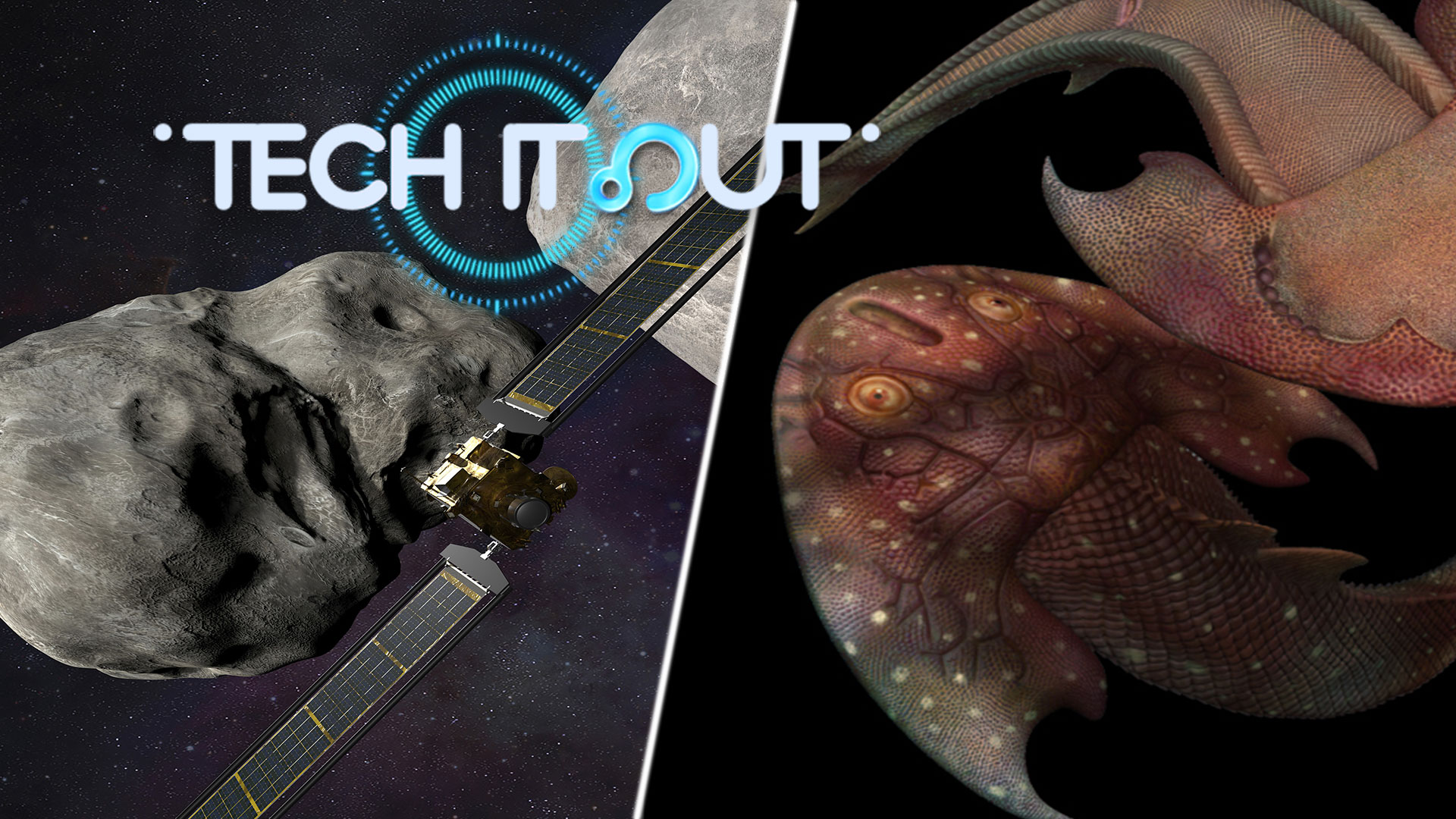03:01

In this week's Science Saturday, we look at science news ranging from an explosive space mission to a breakthrough fossil discovery.
Planetary defense test
A NASA spacecraft has crashed into an asteroid in a world-first test of planetary defense. The slam occurred on Monday, striking the asteroid Dimorphos, 11.2 million kilometers away from Earth. It was a part of the DART mission, or the Double Asteroid Redirection Test, which was launched 10 months ago. The goal is to affect the motion of an asteroid, but the mission team says it will take about two months to see if the asteroid's orbit has changed. The test could help decide how to deflect space rocks that could pose a threat to Earth in the future.
Stranded whales die
About 200 pilot whales have died after getting stranded in Australia's Tasmania. A group of about 230 whales were found stranded in Macquarie Harbour on the island's west coast on Wednesday. Around half were alive when discovered, but pounding waves killed many more. Thirty-two whales were rescued and refloated on Thursday, but a handful of them stranded themselves again a day later. Over 50 government staff and volunteers have been engaged in the rescue efforts. The incident comes two years after the largest whale mass-stranding in Australia's history happened in the same harbor.
NASA moon rocket launch
NASA has pushed back its moon rocket launch after Hurricane Ian slammed into Florida, where the Kennedy Space Center is located. It's the third delay in the past month for the Artemis launch. The mission will be an unmanned lunar-orbiting test flight. It’s a follow-up to NASA's Apollo moon landing program half a century ago. Hydrogen fuel leaks and other technical problems have prevented previous launches. NASA now sees November as the most likely window for the next attempt.
Fish fossils
Newly discovered fish fossils in southwestern China have provided new insights into the rise and diversification of jawed animals. In findings published Wednesday in the science journal Nature, Chinese researchers presented the oldest known teeth from any jawed vertebrate and the body structure and anatomy of the oldest jawed vertebrate. Their evidence came from two fossil beds from the early Silurian Period in Chongqing and Guizhou. Jawed vertebrates account for over 99 percent of all modern vertebrates, including humans. Fossil evidence is scarce from the period they are believed to have originated, about 450 million years ago. The newly discovered fossils contained complete, "head-to-tail" jawed fishes that help to fill the gap in the record and shed light on how fish evolved into humans.